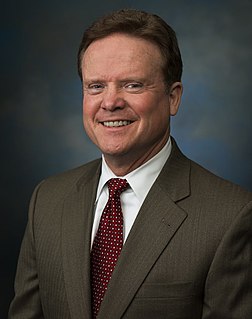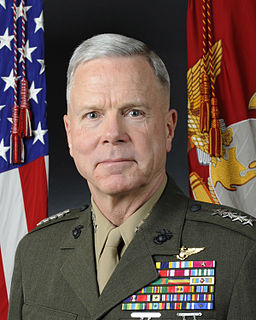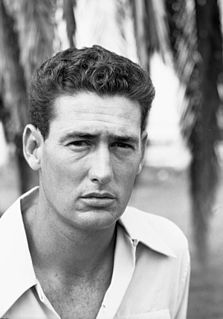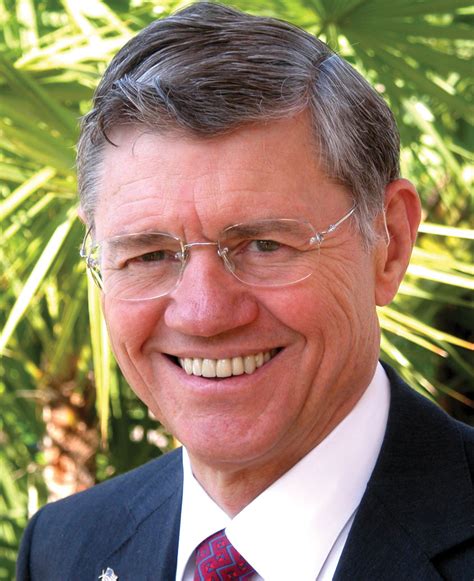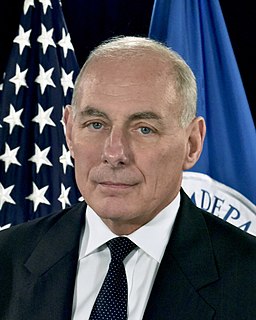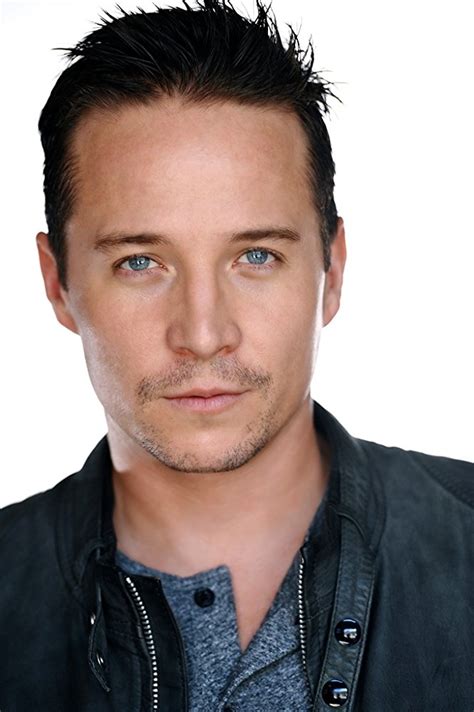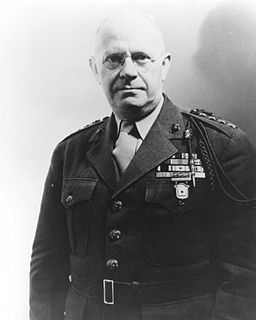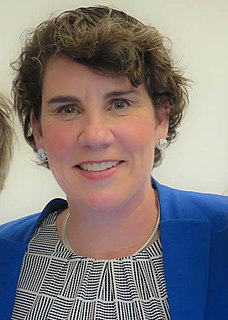A Quote by Jim Webb
It's hard for me to think about this, but I first went to Southeast Asia as a Marine more than 40 years ago, as a young Marine. I was on Okinawa and then in Vietnam. I've returned in many different hats, which I think has helped me to form my own views about policy out there. I've spent a good bit of time in this region as a journalist.
Related Quotes
A Marine is a Marine. I set that policy two weeks ago - there's no such thing as a former Marine. You're a Marine, just in a different uniform and you're in a different phase of your life. But you'll always be a Marine because you went to Parris Island, San Diego or the hills of Quantico. There's no such thing as a former Marine.
I got interested in Zen when I was a teenage beatnik on the streets of San Francisco. And it was my interest in Zen, in part, that got me into the Marine Corps, because that was a ticket to Asia. So I spent a couple of years on Okinawa and began reading and thinking about how I wanted to go about conducting my life.
It's a funny thing, but, as years go by, I think you appreciate more and more what a great thing it was to be a United States Marine... People will tell me what a shame it was I had to go back into the service a second time, but I'm kinda glad I did.. Besides, I am a U.S. Marine and I'll be one till I die.
Nothing changed in my life since I work all the time," Pamuk said then. "I've spent 30 years writing fiction. For the first 10 years I worried about money and no one asked me how much money I made. The second decade I spent money and no one was asking me about that. And I've spent the last 10 years with everyone expecting to hear how I spend the money, which I will not do.
